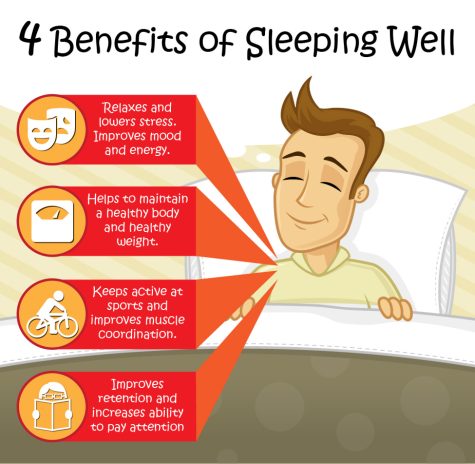From Panic to Passing: Techniques for Managing Test Stress
With May approaching quickly, high school students are busy studying and preparing for their AP tests. Juniors, seniors, and even sophomores have been hit with the realization that testing is coming very quickly. As loads of homework and additional studying routines pile up on students, it is hard to not be stressed out by all the work there is to do. During the past few weeks at Adams High School, students have been noticeably more uptight, with the stress of upcoming exams infiltrating their attitudes and behaviors.
“Classes continue to become more difficult, leaving little to no time to study earlier units,” said an anonymous Adams student (junior).
Because of these conditions, this time of year is when test anxiety is at its highest for students in high school, but there are some things that can help reduce test anxiety and provide a better chance for students to do well.
Moderate test anxiety affects about 40% of students in America but has affected almost every student at one point in their life. Because these feelings are so common in students, it is not well-known that test anxiety can negatively affect a student’s scores. Test anxiety can play a part in both the mind and the body’s functions, so when stress sets in, so does a pounding heart, shaky breath, and excessive sweating, which can distract from the task at hand. Studies also show that stress can reduce motivation and the inability to focus. This is why learning how to control test stress is so important.
The first place to start is while studying. If anxiety sets in while anticipating the exam and not feeling prepared, there are some things that might help.
Don’t be afraid to ask for help. It’s okay to not know everything, in fact, asking a friend who is also taking the course for help will provide new information that will help aid the study process. It is nothing to feel ashamed of and only has positive benefits.
Also, get good sleep. This may seem obvious, but it continues to need to be said. Lack of sleep leaves the brain “uncharged” and with not enough energy. The brain doesn’t process information right and can cause loss of information or the lack of problem-solving skills. These effects will undoubtedly cause stress about an upcoming test, which highlights how important sleep is.
While sitting down for the exam, two tips can help convert anxiety into confidence. First, a good posture. Although seemingly uncorrelated, good posture is proven to help maintain productivity and a positive mood.

“Adopting an upright seated posture in the face of stress can maintain self-esteem, reduce negative mood, and increase positive mood compared to a slumped posture,” reported researchers from Psychology Today.
The last tip is to use thoughts to change an anxious attitude. By creating an excited attitude about the test instead of a nervous one, it converts that nervousness into a positive feeling, and gives more motivation to get through a test.
With all of these techniques in mind, it will be easy to conquer test stress and have an easy studying routine. Happy studying, Highlanders!







